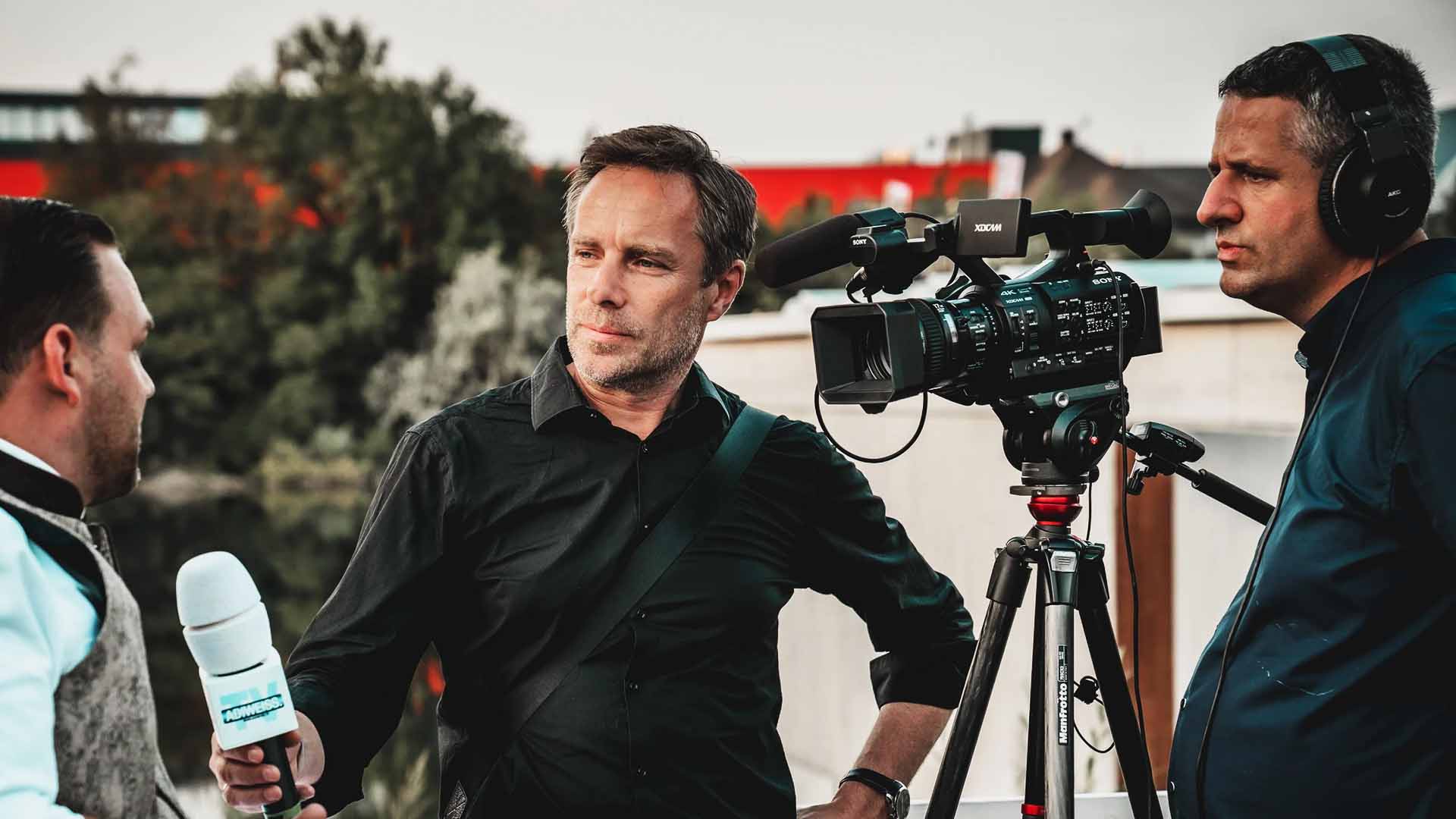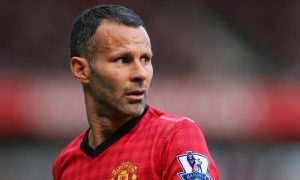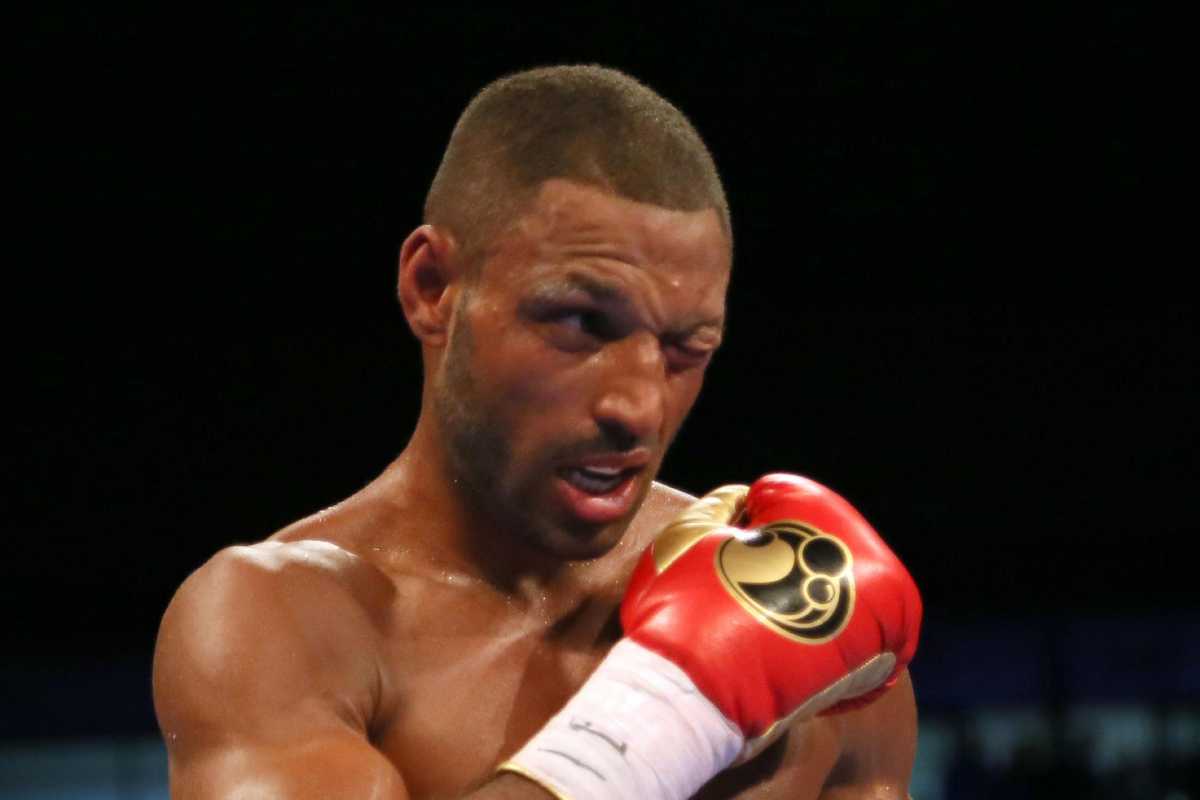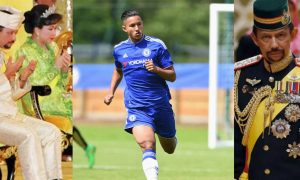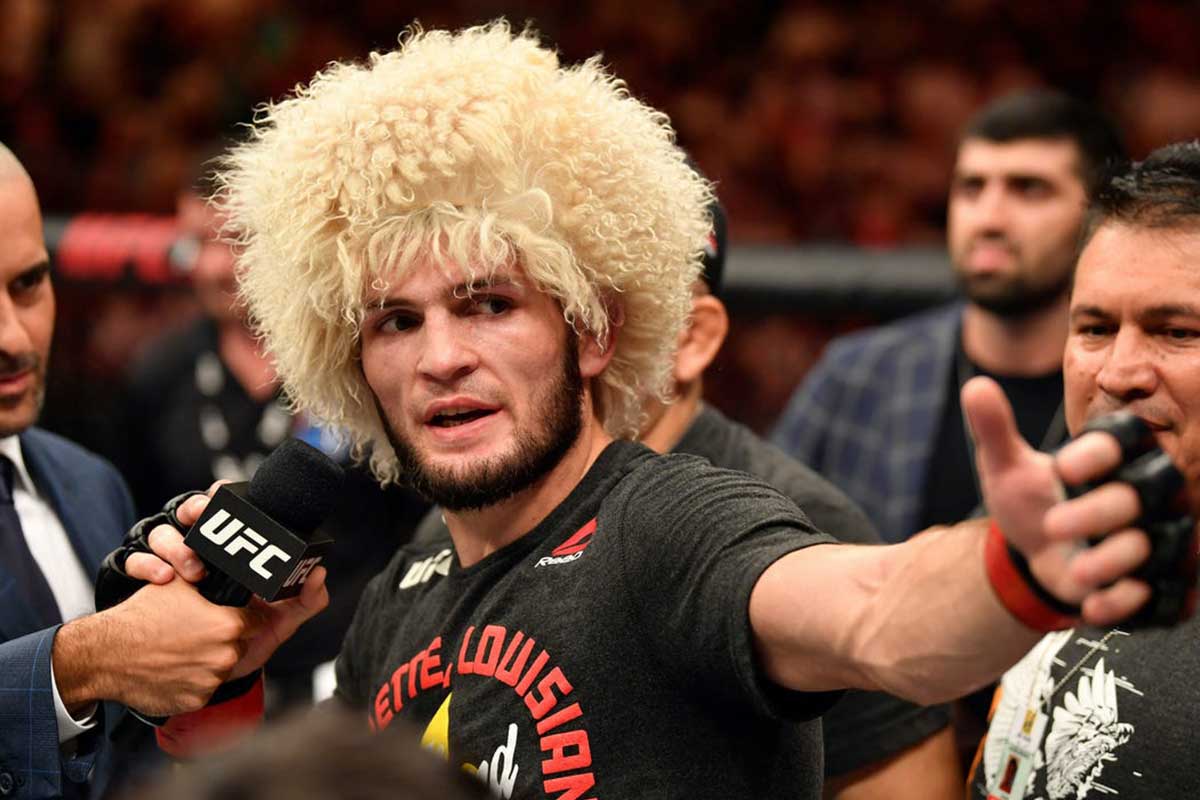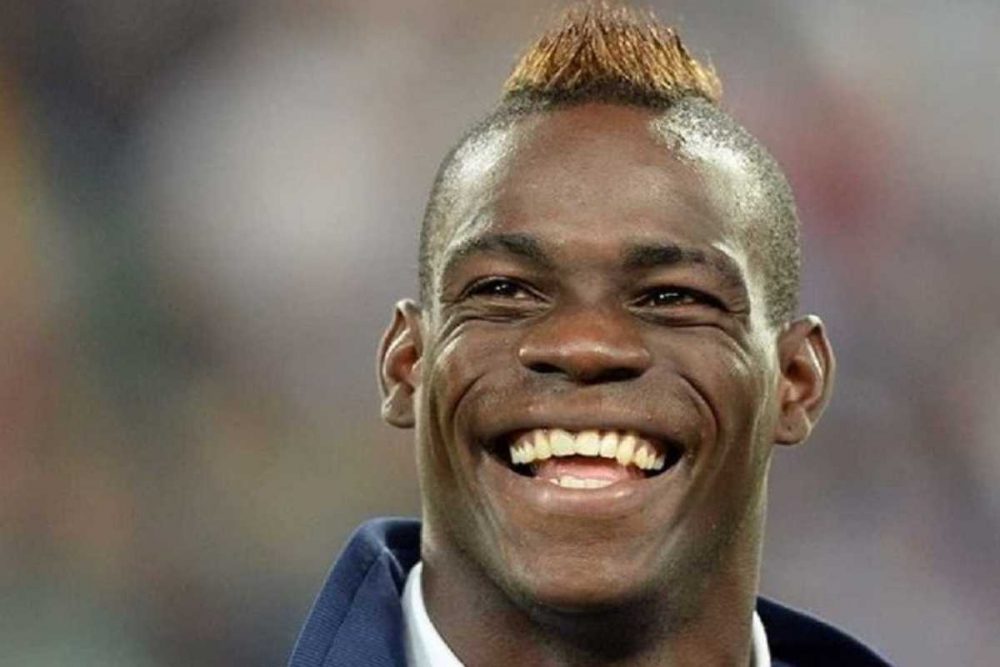The landscape of sports journalism is constantly evolving and shifting to suit consumers better. Today, the greatest advancement in sports journalism has to be the emergence of all-round journalists. These professionals are changing how we perceive and engage with athletic narratives.
The all-round sports journalists do more than specialize within the confines of traditional journalism. They orchestrate a symphony of stories that traverse the diverse universe of sports. These individuals report on all aspects of sports — from player interviews and highlights to rumors, trades, news and transactions.
Below, we take a comprehensive look at the multifaceted role of the all-round journalist. We will dive into the transformative impact of having a broader understanding of various sports disciplines. Read on to learn how all-round sports journalists are redefining sports journalism.
The role of the all-round journalist
Unlike traditional journalists, all-round journalists possess a kaleidoscopic view. They can effectively shift from the greens of golf to the courts of basketball while seamlessly capturing the experiences that make each sport unique, therefore ensuring that each narrative resonates authentically with the essence of that particular sport.
These professionals position themselves as storytellers who can connect with diverse audiences. All-round journalists can adapt their specific narrative styles to suit different sports. Their versatility is particularly powerful because they have to include different audiences in the narrative — whether capturing the strategy behind a chess championship or conveying a high-intensity football match.
All-round sports journalists also connect with diverse audiences on a deeper level. These journalists bridge the gap between sports enthusiasts and those less familiar with the games. By doing so, they act as a conduit for building a more engaged and diverse viewership or readership. Think of them as champions of inclusivity in the ever-expanding world of sports journalism, since they make sports narratives more captivating and accessible.
Equally, all-round journalists uncover cross-sport themes and trends. They act as keen observers who draw connections between the various sports, giving their audience a broader perspective on the aspects that shape the athletic world. These professionals elevate their reporting to levels beyond the immediate events on the track or field by unveiling overarching themes such as the critical role of athletes in addressing social issues.
Beyond sports statistics and scoreboards, all-round journalists in this field play a pivotal role in capturing the human stories behind athletes. They have the unique ability to personalize the sporting experiences by going deeper into athletes’ triumphs, challenges, backgrounds, and personal narratives. From displaying the achievements of established stars to profiling an underdog’s journey, all-round sports journalists humanize these figures. Doing this helps foster a deeper connection between the people dedicating their lives to sports and their supporters.
Finally, all-round sports journalists act as guardians of fairness and truth. One of their key roles is maintaining integrity in the different sports and avoiding bias—their commitment to balanced and fair reporting guarantees that their audiences can trust whatever information they present.
Becoming an all-round journalist
Those looking to become an all-around, forward-thinking sports journalist should consider enrolling in online sports journalism graduate programs such as the one provided by St. Bonaventure University (SBU). Throughout the online Master of Arts in Sports Journalism program, students learn the essential skills required to become a modern-day sports journalist, thanks to the unique masterclasses delivered by industry experts or accomplished alumni. This online program equips its students with the skills of traditional journalism and the essential skills of digital journalism, including those of social media storytelling. By completing this online degree, students have the potential to advance their careers and work for big media corporations.
Advantages of having a broader understanding of different sports
Comprehensive knowledge of various sports comes with several advantages for all-round journalists. For starters, these journalists are open to the limitations of niche reporting. Instead, they flourish in the freedom to report different stories within the bigger sporting world.
An all-round sports journalist will dive into every sport’s tactical, technical, and strategic aspects. They offer in-depth commentaries beyond surface-level observations because they possess a broader understanding of different games. Their comprehensive analysis becomes an asset that increases audience appreciation of specific sporting events.
A broader understanding of sports enables all-around journalists to compare different sports accurately. These journalists leverage their extensive knowledge to showcase the differences and similarities between various sports. This helps them uncover shared strategies and themes that increase audience engagement and understanding.
The advantages of having a deeper understanding of the numerous sports also extend to storytelling techniques. They learn how to craft narratives that resonate with the particular feel of each game. These storytelling techniques become a versatile tool for creating engaging content in the future..
Bridging the gap
As stated earlier, all-round journalists must report to different audiences. However, a broader understanding of different sports helps them actively engage their readers by speaking their language. Therefore, they become a connecting bridge between different sporting communities. It is a massive advantage that fosters inclusivity and ensures every audience feels heard and seen — regardless of their preferences and tastes.
Finally, the advantage of deeper sports understanding extends to resilience in a dynamic sports landscape. Journalists equipped with knowledge across various sports disciplines are better positioned to adapt to the ever-changing and demanding industry. All-round journalists will remain resilient whether there are changes in sports culture, shifts in player dynamics, or the introduction of new technologies.
In-depth and well-rounded coverage
An all-round journalist can unveil various layers of different sports, which translates into well-rounded and in-depth coverage. Whether capturing the elegant grace of skating, or dissecting tactical maneuvers in football, they can craft narratives that engage both casual spectators and dedicated enthusiasts. It is a vital factor that adds depth to storytelling, thus transforming sports journalism into a more captivating journey that touches more than just play-by-play commentary.
Well-rounded and in-depth coverage lets all-round journalists unravel tactical layers within each sport. They can effectively dissect and analyze complex tactics employed by different teams or athletes. This analysis goes beyond the scoreboard and encompasses specifications such as the defensive strategies employed, or offensive plays. Therefore, all-round sports journalists contribute to informed commentary by peeling back layers within a strategy or play to offer their audiences a deeper understanding of the sport.
Connecting to history, legacy, and culture
One vital aspect of well-rounded and in-depth coverage is the exploration of historical data. Accomplished sports journalists can connect current sporting activities to the histories and legacies behind the games. They provide audiences with a broader context of the sport by referencing iconic rivalries, and historical milestones, redefining moments, and legends within the game. This historical lens allows all-round sports journalists to foster a richer appreciation for the evolution of different sports.
Equally, well-rounded and in-depth coverage explores the cultural impact of sports. Therefore, all-round sports journalists can unravel how different sports influence society. For instance, they can explore the intersections between social issues and sports, or how various sports are shaping national identities. Doing this contributes to a broader understanding of the numerous ways sports are influencing different aspects of society, culture, and politics.
Although statistics plays a vital role in sports coverage, an all-round journalist looks beyond the numbers to give a more comprehensive story. They contextualize statistics and ensure the audience can better understand the significance of data points. Doing this adds more depth to sports coverage, thus transforming raw data into inspirational and meaningful narratives.
To wrap it up, in-depth and well-rounded coverage helps all-round journalists contribute to a richer understanding of various sports. They leverage historical data and strategic analysis to unravel the unique layers that make sporting events more than just games, and help transform them into compelling narratives encompassing the human spirit.
How to develop expertise in various sports
Aspiring sports journalists must develop expertise across different sports disciplines to attain success. Doing this does more than just position them as all-round storytellers. It also enhances their adaptability in the ever-changing landscape of sports journalism. Here is a comprehensive look at how upcoming sports journalists can develop expertise across disciplines:
Immersive sports study
One has to start with immersive study to develop expertise in different sports. This entails diving right into the rules, strategies, and culture of each unique sport. By actively taking an interest in comprehensive learning — from historical context to rulebooks — aspiring journalists can lay the groundwork for well-rounded and in-depth understanding. Doing this immersive dive allows them to better understand the language of each sport, ensuring insightful analysis and reporting.
Attending live events
Developing sports expertise is only possible by attending live events. Aspiring journalists can learn quite a lot from attending these events, including gaining experience in matches and games. Beyond witnessing history, attending such events allows them to absorb the atmosphere, essence, and intricacies that televised broadcasts find difficult to capture. At its core, engaging with live events firsthand contributes to a more complex and authentic understanding of the different sports.
Networking with experts, coaches, and athletes
Networking within different sporting communities is crucial for developing expertise. All-round journalists have to build relationships with experts, coaches, and athletes within the different sports. Establishing these connections helps them gain access to exclusive interviews, insider insights, and strategic elements within the game. However, networking is a continuous process and demands the slow building of trust within the sporting ecosystem.
Staying updated on trends, changes, and innovations
The journey to becoming an expert in any field comes down to continuous learning, and sports journalism is no exception. Aspiring all-round sports journalists must stay updated on trends, changes, and innovations within the sporting landscape. They must actively source information regarding emerging talents, rule changes, and advancements in sports technology. Doing this allows journalists to remain at the forefront of any developments within the specific sport. Equally, this continuous learning allows them to become adaptable professionals who can provide relevant and timely insights.
Specialized training
Aspiring sports journalists must invest in skill development and specialization. For starters, they need to attend workshops, gain certifications, and take various courses related to sports journalism. Doing this helps enhance their reporting, analytical, and storytelling skills, which ensures they can excel in an already competitive field. Specialized training also deepens a journalist’s understanding of the various sports — thus enhancing their storytelling skills.
Diverse exposure
Journalists need to cover a range of sports disciplines to truly become an expert. Doing this helps diversify their portfolio while broadening their understanding of different cultures, playing styles, and fan dynamics. The exposure to different sports enhances their ability to connect the dots across the broader sports landscape. Therefore, they can effectively connect sports to different aspects of society, thus creating more compelling sports coverage.
Strategies for success — nurturing depth and versatility
It is paramount to nurture depth and versatility to become successful as an all-round sports journalist. However, what methods can aspiring sports journalists use to ensure success? Below are strategies for success that ensure all-round journalists remain at the forefront of the sporting industry:
Focusing on specific trends or themes
One of the key strategies for success in sports journalism is thematic specialization. All-round journalists can focus their acquired expertise on specific trends or themes within the sporting industry. Doing this ensures they become industry experts and authorities on particular aspects such as athlete advocacy, sports technology, or sports business. Thematic specialization also deepens a sports journalist’s understanding while positioning them as go-to sources for in-depth insights within chosen areas. Consider Fabrizio Romano, who has made a name for himself in sports journalism by specializing in football transfers.
Engaging in global sports coverage
A critical strategy for success in sports journalism is seeking international exposure. Journalists get to broaden their perspectives on sports coverage by reporting global sporting events. It is a strategy that enhances their knowledge and provides a more expansive view of the sporting world — whether exploring sports culture around the globe or going to international tournaments. Equally, international sports coverage helps diversify portfolios for all-round journalists while allowing them to draw contrasts and comparisons between different sporting traditions.
Leveraging analytical tools for deeper sports insights
It is important to embrace data journalism when aspiring for success in the sporting world. Journalists should leverage data visualization and analytical tools to provide deeper insights into sports. Doing this ensures they enhance their ability to uncover patterns, trends, and different perspectives within the various sports domains. The strategic use of data also helps elevate the quality of their reporting, thus giving audiences a more comprehensive understanding of the quantitative aspects of sports.
Engaging audiences through different formats
To become successful in sports journalism, an all-round journalist must embrace multimedia storytelling. They should leverage different formats, including podcasts, interactive graphics, and videos to engage diverse audiences within the sporting industry. This multimedia approach caters to the diverse needs and preferences of consumers while enhancing the accessibility of content. It is a unique strategy that not only broadens their reach but allows for the creation of more immersive stories.
Building a robust social media presence
Developing a strong social media presence is key to success in sports journalism. All-round journalists should build their brand while engaging with sporting communities through social media platforms. For starters, they need to actively share insights, participate in discussions, and cultivate an online presence that contributes to establishing credibility. After all, a robust social media strategy helps foster audience involvement, enhance engagement, and position journalists as influential figures within the sporting world.
Partnering with experts beyond sports journalism
Cross-disciplinary collaboration can help all-round journalists achieve success in the sporting field. These professionals should partner with experts in areas beyond sports journalism. Collaborating with various figures in sports science, economics, and psychology adds more depth and understanding to their reporting. Tapping into their different expertise helps all-round journalists enrich their narratives with extra insight, apart from what is happening on the field. Therefore, they provide their audiences with a more holistic understanding of the different aspects that relate to sports.
The bottom line
In sports journalism, all-round journalists emerge as storytellers, crafting narratives that extend beyond the scoreboard. They possess a unique ability to navigate different sports and ensure their audiences better understand athletic endeavors. As we celebrate the role of these hardworking professionals, we recognize their efforts in building a future where sports journalism transcends beyond traditional boundaries.

